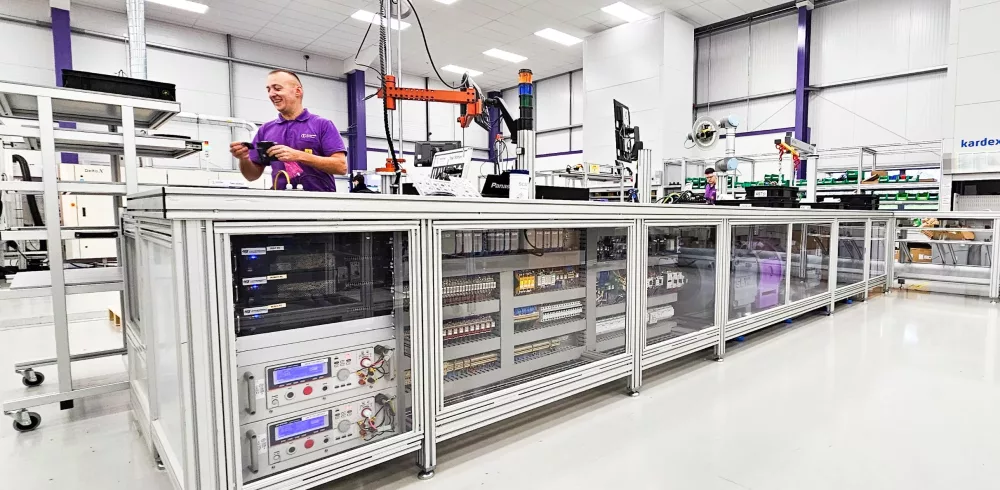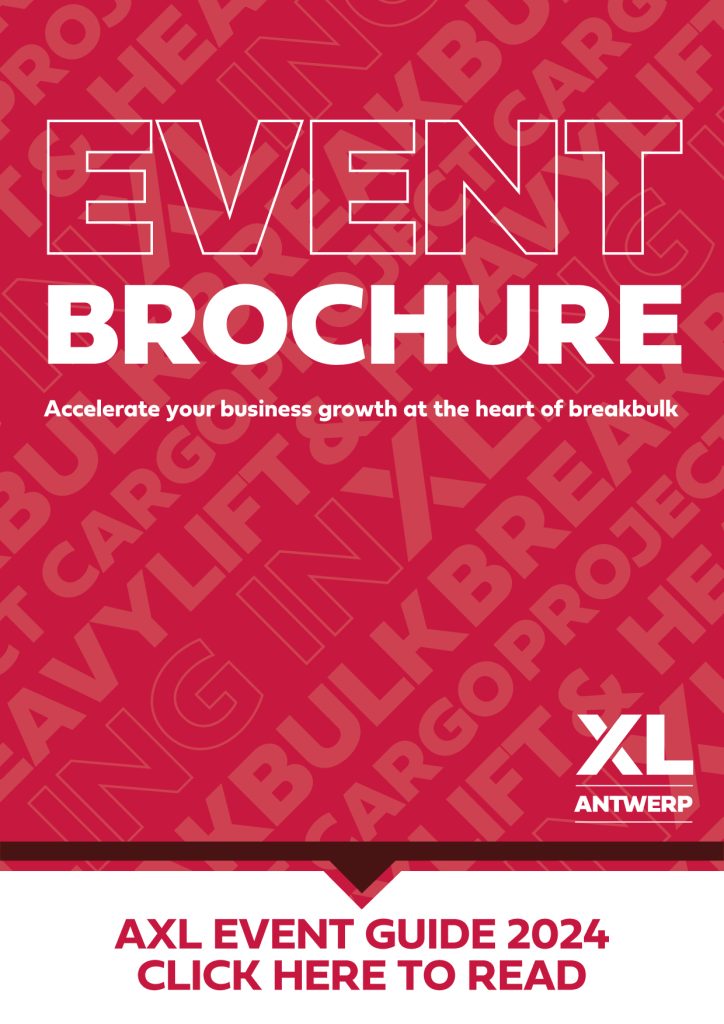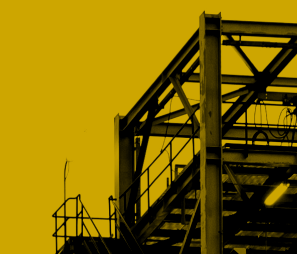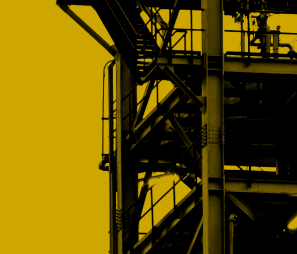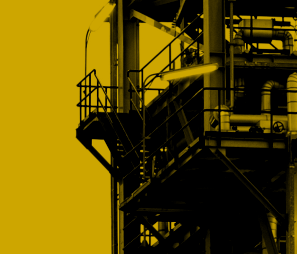Variable frequency drive (VFD) manufacturer Invertek Drives is leading the way in the innovation and development of electric motor control technology. Over the last ten years, a series of incremental improvements have enabled long-term growth while helping the company improve its energy efficiency.
In 2012, it first turned to power quality specialist CP Automation, and, over the years, the Scunthorpe-based company has supported Invertek Drives by supplying innovative regenerative braking and harmonic mitigation technology.
Based in Wales, Invertek Drives specialises in the design and manufacture of electronic VFDs, which it supplies to customers around the world. Using VFDs to adjust the speed of an electric motor to match the actual load requirements provides various benefits, such as energy savings, improved process control and reduced maintenance costs.
The company assembles, customises and tests the VFDs on a bespoke process line, or global assembly cells (GACs). A GAC is a chain of connected workstations, each performing a step in the production and testing process. GACs are modular, enabling Invertek Drives to scale-up production by adding more workstations to help meet increased demand.
The partnership begins
Originally, Invertek Drives used third party DC drives and motors and braking resistors on its GACs to test the VFDs that it manufactured. However, DC motors require more maintenance than their AC counterparts, particularly with regards to replacing the brushes.
The DC motors were also creating noise and heat, requiring a blower motor to keep them cool when running. As Invertek Drives expanded and added more GACs to its facility, the team found that power consumption was a growing challenge and contacted CP Automation.
CP Automation initially recommended switching to AC motors and fitting a REVCON regenerative braking unit to each GAC to capture and recycle energy otherwise lost to the braking resistors. The move to AC also allowed Invertek Drives to use its own VFDs to test its products, reducing reliance on third party suppliers.
“As our production process evolved, energy saving was a key priority for us,” explained Peter Evans, manufacturing engineering manager at Invertek Drives. “At first, we were pulling 30 amps of current from the supply during the load cycle, but after working with CP Automation we were only pulling 25 per cent of that.
“This saving meant we could install more GACs to match increased demand without needing to upgrade the mains power supply,” continued Evans.
Scaling-up
As Invertek Drives’ products grew larger, the company needed to scale-up its GACs while maintaining high energy efficiency. At this point, CP Automation worked with Invertek Drives to create a second, much larger, system with a capacity of 200 A and recommended installing REVCON harmonic filters on the GACs for when the Invertek Drives team was testing the drives.
“After working with CP Automation to install harmonic filters on the larger system, we saw improved quality and reliability of our internal testing,” said Brian Walker, senior GAC engineer at Invertek Drives. “The DC bus remained stable, the control side for loading was more consistent and the input phases were more balanced, all of which helped when we tested our drive products.”
“The design height of the GACs meant that space was an issue,” said John Mitchell, global sales and marketing director at CP Automation. “By installing two smaller harmonic filters in series we met Invertek Drives’ space constraint.
“The units also provided incremental improvements like reducing heat losses, improving phase angle and boosting the DC bus on the load drive, which all added up to improve efficiency,” continued Mitchell.
“The braking units boosted efficiency and the harmonic filters improved reliability,” added Evans. “The production process is slicker and more streamlined and helped us manufacture an even more reliable product for our customers.”
The future
“The reliability of the systems has been great, one of the first units installed around ten years ago is still running now,” continued Evans. “One of the reasons we’ve kept working with CP Automation is because the technology is so reliable.
“The equipment CP Automation supplied worked really well on the small system, it worked well on the large, so now we’re going extra-large and working together on a third system that will go up to 450 A,” concluded Evans.
Don’t let energy losses trip you up and slow down growth. By making small changes here and there, you can boost productivity and remain competitive. To find out how CP Automation’s regenerative braking systems can help you become more efficient, visit its website.
Manufacturing & Engineering Magazine | The Home of Manufacturing Industry News




